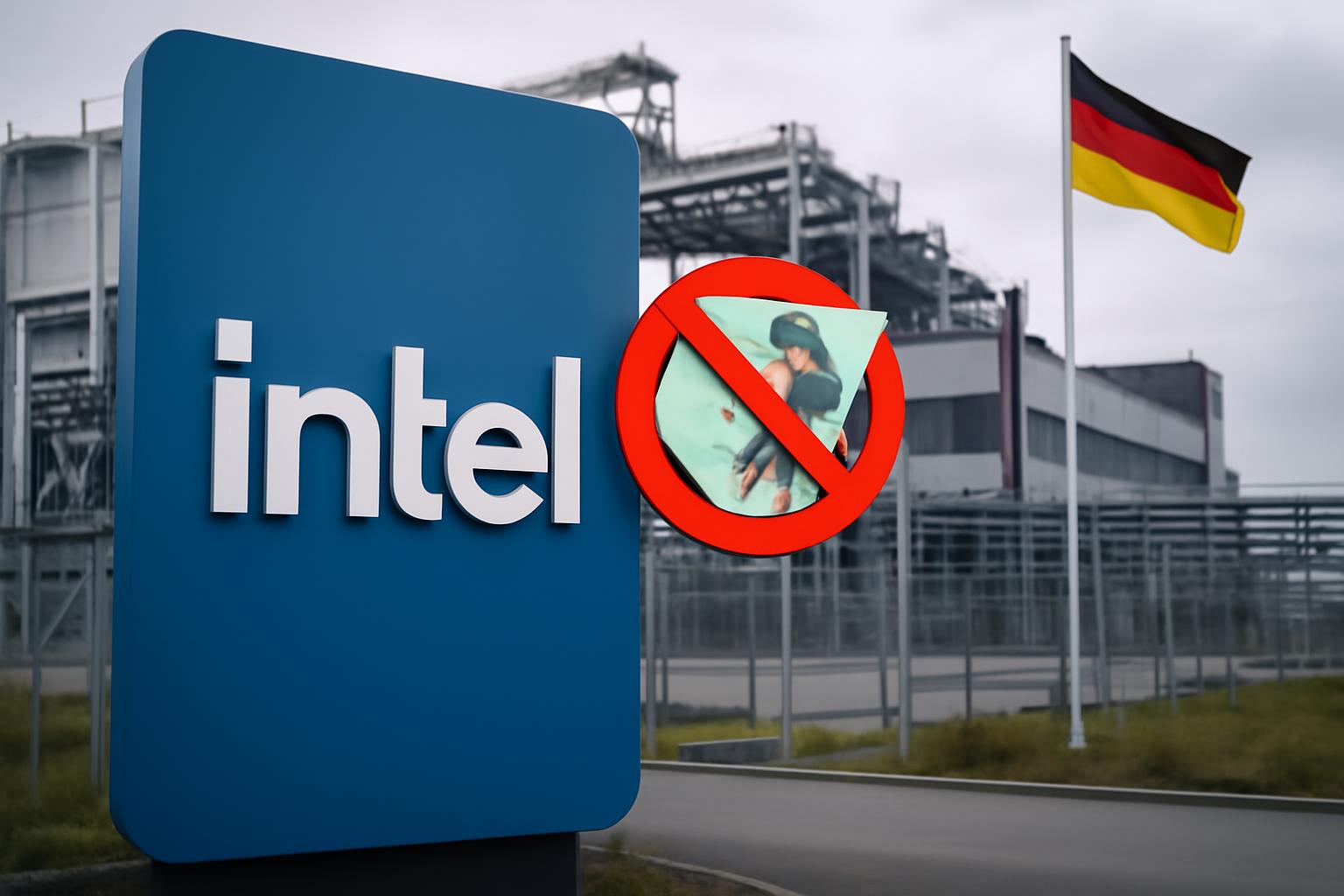Intel has called off its much-hyped plans to build a major semiconductor fabrication plant in Magdeburg, Germany. This project, which was meant to signal a new industrial era in the heart of Europe, is now another casualty of Intel’s deepening financial woes, alongside a similar pullback in Poland. Facing a $2.9 billion quarterly loss and acute competitive pressures, the company is slashing costs—including about 25% of its workforce—while shifting its production strategy. The Magdeburg fabs, once promised to bring 3,000 direct jobs and €30 billion in investment, were meant to be supported by €9.9 billion in German subsidies, but persistent internal problems and a rapid shift in chip industry dynamics have forced Intel’s retreat.
It is with a heavy heart, yet no surprise, that I observe this debacle. The promise of “industrial policy”—a state-guided renaissance of manufacturing—has once again collided with the hard reality of the market process. What are we to make of a €10 billion subsidy, snatched from the pockets of German taxpayers, tailored exclusively for a global behemoth which, at the first whiff of adversity, simply abandons its promises and leaves unemployment and disappointment in its wake? It is the timeless folly of central planners, the belief that massive government largesse can conjure up prosperity notwithstanding underlying market realities.
Let us be clear: the forces afflicting Intel are not mysterious. They are the creative destruction of the market in action! Why should resources—capital, land, skilled labor—be commandeered, at great cost and risk, into projects that the company itself cannot justify once the artificial prop of government support is in doubt? How can one defend a subsidy regime so vast, so untethered from consumer demand or entrepreneurial calculation? The politicians in Berlin crave the illusion of “sovereignty” and “technological leadership,” endlessly repeating catchphrases while ignoring the imperative of spontaneous order and competition.
Investment and innovation must be driven from below, by entrepreneurs responding to price signals, not from above by bureaucrats marshaling taxpayers’ money in pursuit of “strategic” objectives defined at mahogany tables in Berlin or Brussels. The government’s attempt to orchestrate a miracle with borrowed billions has achieved nothing but wasted resources, dashed hopes, and a clearer view of the limits of economic engineering.
Let this fiasco serve as a lesson: markets, when left free, direct capital to its most valuable uses through the signals of profit and loss. If there is to be a European chip industry, or a German one, it must emerge by merit and ingenuity, not by corporate lobbying and state patronage. The more we ignore this truth, the more stories like today’s will darken our headlines—and the heavier the price we all shall pay.
